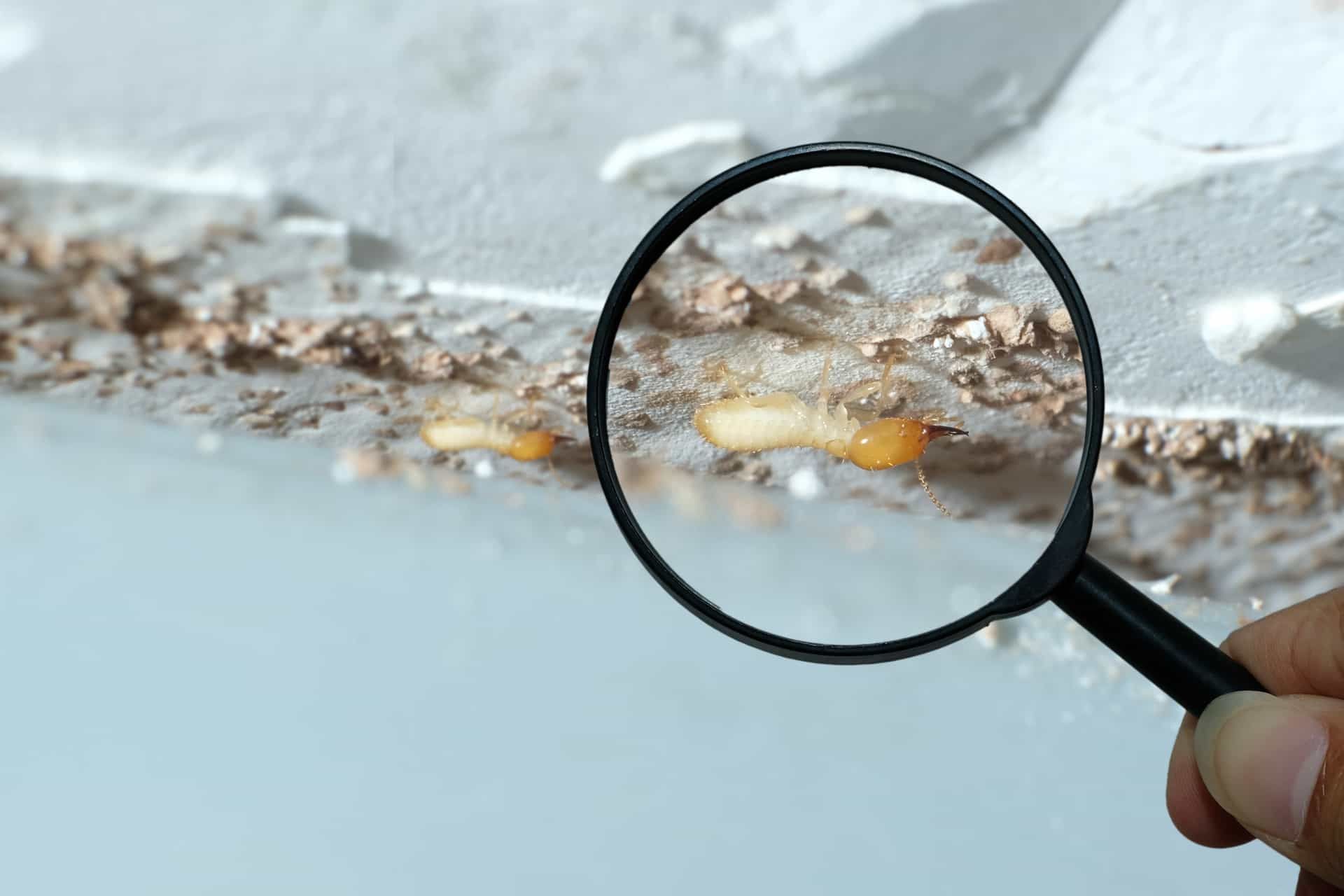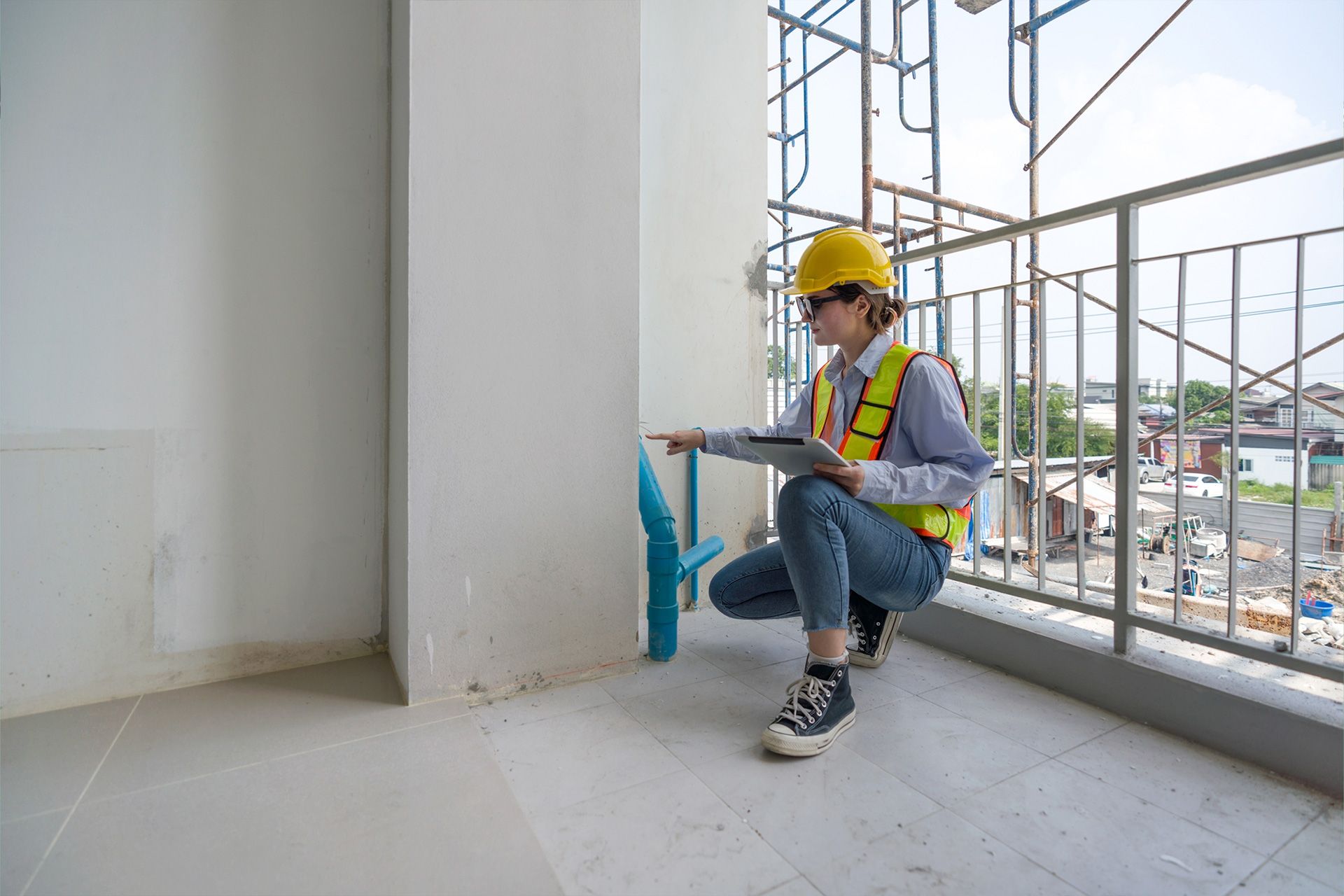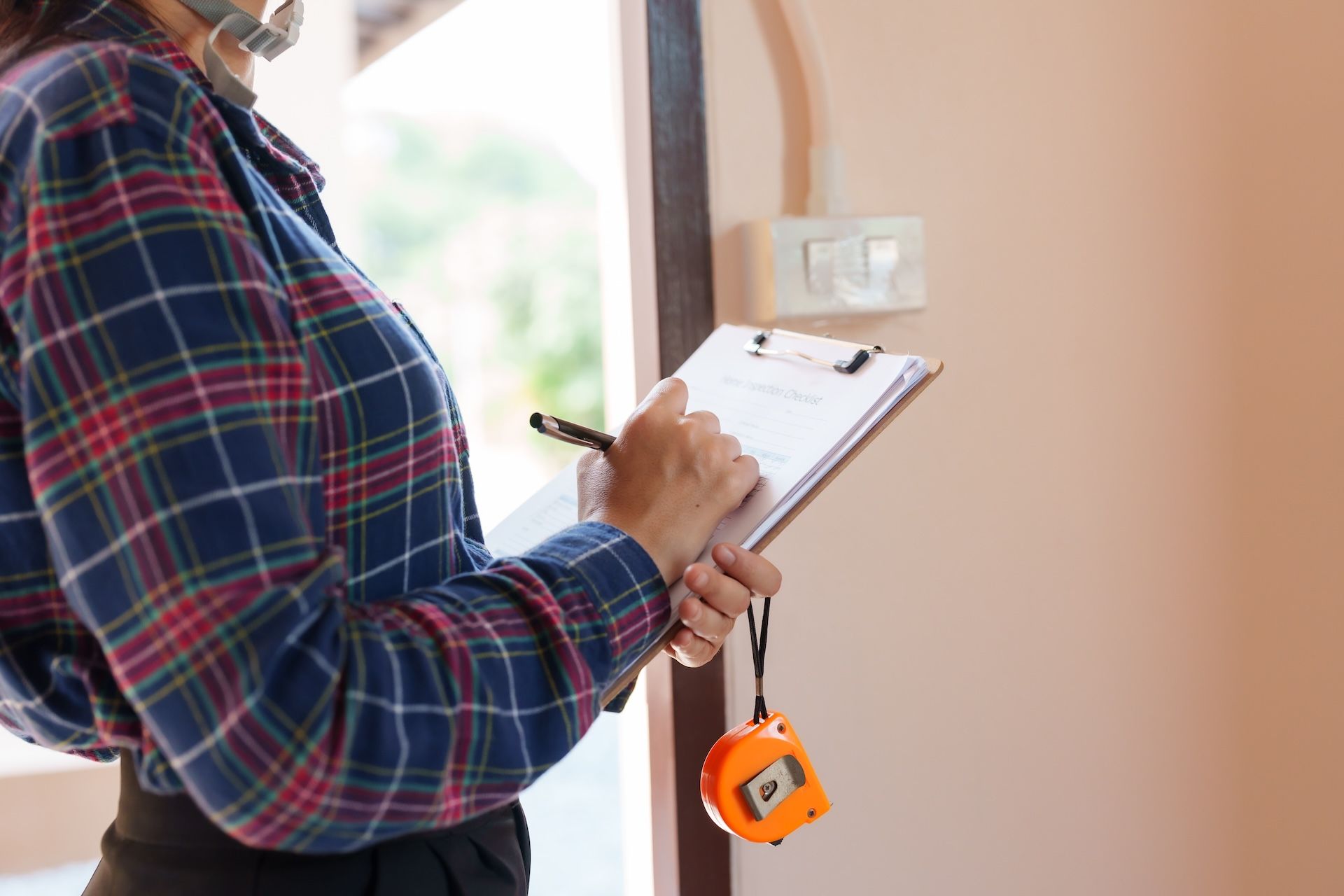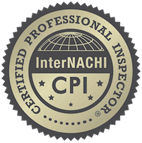How Does A Septic Inspection Work?
Many homes in Florida depend on a septic system. However, just like any other system, they’re prone to developing malfunctions over time.
If you’re in the
process of buying a property that uses a septic system, it’s recommended to inspect it before finalizing the deal. A septic inspection isn’t a part of the regular home inspection process, but since it may cost thousands of dollars to replace a septic tank or other related part, a dedicated inspection is the only way to fully protect your investment.
Regardless of whether you already own the home or you’re in the middle of buying or selling, a septic inspection can benefit you.
In this post, we’ll explain how septic systems work and why a septic inspection is essential.
What is a septic system?
This is a dedicated sewer system located on a residential property. It consists of a sanitary pipe transporting wastewater from a home into a septic tank. A tank is an underground watertight container built from a solid material such as concrete or steel.
When wastewater enters the tank, all the solids settle at the bottom forming a layer of sludge, while oils and grease form a scum layer at the surface. The surface layer traps in air, allowing the bacteria to break down the solid waste.
In between these two layers is the so-called effluent layer, consisting of clear liquid that flows into leach field chambers through T-shaped outlets inside the tank. Once the effluent reaches the leach field, it enters the leaching chambers and percolates into the subsoil while bacteria stay in the upper levels of the soil.
All the effluent eventually drains through rocks and sand, which filter it before it reaches the groundwater.
What is a septic inspection?
Most septic systems have a lifespan of about 25 years. Still, they can develop problems during their operational lifetime. When this happens, it can cause serious health issues for the occupants of the home.
This is the main reason why homeowners and
home buyers should invest in a professional septic inspection. Buyers can time the inspection around the same time they schedule a regular home inspection so the inspector can note the septic system issues in the general report, which can significantly speed up the closing process.
What does a septic inspection look like?
Generally, the first step is a pre-inspection. It consists of acquiring information that allows the inspector to do their job, including:
- History of septic tank pumping
- Previous inspections
- Previous damage and repairs
- Location of the septic system
- Map of the system
If the seller can’t provide this information, chances are they never pumped or inspected the septic system. As far as you know, the septic system may be nearing the end of its life and you can use the ensuing inspection to lower the price.
After the
pre-inspection, the technician will arrive at the property to conduct a series of tests.
The first one is the flow test, which confirms whether the sanitary pipe is delivering enough liquid into the system. The water should force effluent into the leach field. If there’s insufficient water flowing into the tank, there is likely a problem with the sanitary line or the plumbing. The inspector may have to backtrack and test each water source until they pinpoint the issue.
If too much water enters the tank, there’s an issue downstream. The inspector can then test each part of the septic system until they laser in on the problematic area.
Next, the inspector must evaluate the condition of the tank itself. It’s necessary to measure the depth of all the layers. About 40% of the tank should be effluent, while other layers have to take up equal parts of the tank’s volume. A misbalance of the waste layers may indicate a problem with the leach field - which is also the next stage of the inspection process.
The inspector will visually inspect the leach field. Any wet areas could be a sign of overflow. The same goes for the smell of sewage. To find the source of the overflow, it’s important to probe the leach field to discover any hydraulic stress.
Once this step is complete, the inspector will put together a detailed report that outlines any issues.
Levels of the septic inspection
The example above refers to the complete level 3 septic inspection. Depending on your level of concern, you can go for different types of inspections. For instance, if you’re buying a home and want a complete examination, the level 3 inspection is the right choice. Alternatively, if you’re a homeowner, a level 0 inspection will be enough.
Here’s what each level covers:
- Level 0
The basic inspection consists of a visual assessment of the system and a dye or loading test. Both tests can reveal overflows, so even though the level 0 inspection is basic, it can still provide you with a solid idea of the septic system’s condition.
- Level 1
Level 1 inspection is more thorough. You can expect the inspector to open the maintenance cover and assess the waste pipes and effluent screens.
- Level 2
During the level 2 septic tank inspection, the inspector will test the thickness of the layers in the tank and check the distribution boxes for any leaks.
- Level 3
A full inspection will cover all the parts of the septic system. While mostly scheduled by buyers to ensure their septic system is in good condition, homeowners should also have one done every five years.
Leave nothing to chance
Considering that any septic system problems are expensive to address and can lead to serious health concerns, a septic system inspection is essential for both homeowners and buyers alike.
Who should you hire if you need a septic system inspection in Central or South Florida?
The easy choice is
Guardian Angel Inspections. We have the credentials and experience, and you can count on us to provide you with a detailed inspection and accurately ascertain the condition of the septic system.
With the highest level of customer service in the industry and fast reports, you really can’t go wrong by working with us.
Schedule an inspection - call 561-512-7854 or fill out our
contact form.
Disclaimer: The information on this website and blog is for general informational purposes only and is not professional advice. We make no guarantees of accuracy or completeness. We disclaim all liability for errors, omissions, or reliance on this content. Always consult a qualified professional for specific guidance.
Share this entry







